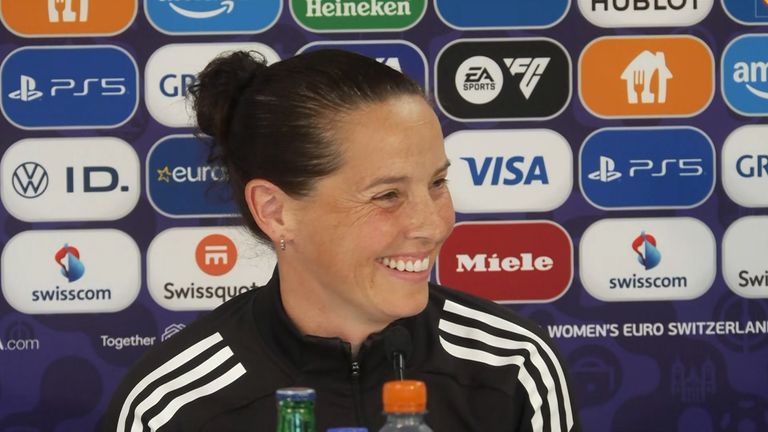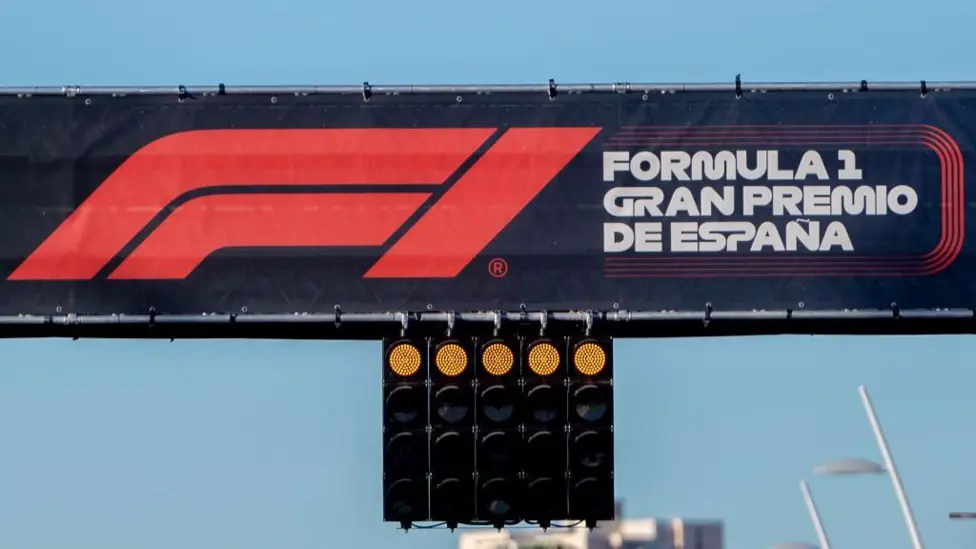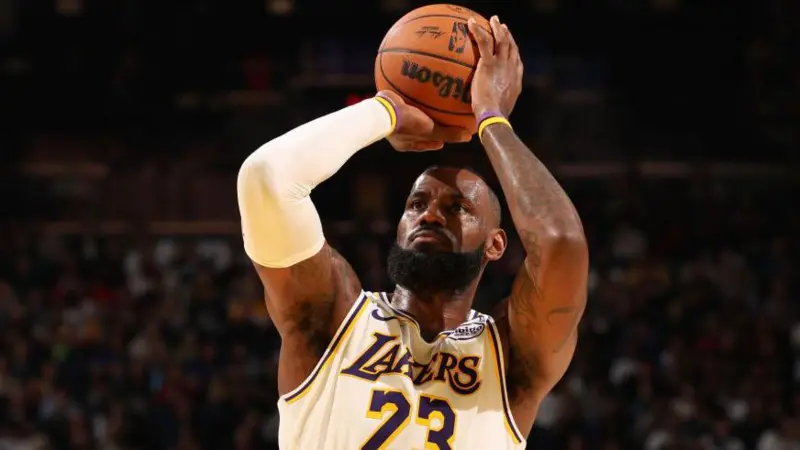Public finances in 'relatively vulnerable position.', OBR warns
The UK's public finances are in a "relatively vulnerable position", the government's official forecaster has warned.

The Office for Budget Responsibility (OBR) cited a drag from successive economic shocks, recent U-turns on spending cuts and higher-than-expected policy commitments.
It sounded alarm over the projected path for debt as a result, in its annual fiscal risks and sustainability report.
It saw total debt above 270% of gross domestic product (GDP) by the early 2070s - up from a current level of 96.5% - declaring that rising debts have led to "a substantial erosion of the UK's capacity to respond to future shocks".
The OBR's report highlighted damage from the COVID pandemic and cost of living crisis that followed Russia's invasion of Ukraine.
But it raised fears that past and current government policies were further harming the sustainability of the public finances.
The report said that the pension triple lock, for example, was now estimated to cost £15.5bn annually by 2029-30.
That was "around three times higher than initial expectations", it said.
The lock, which rises each year in line with inflation, wage growth or 2.5% - whichever is higher - had risen by more than the 2.5% base in eight of the 13 years of operation to date, the report stated.
The watchdog said it reflected more volatile inflation than expected.
It also picked up on the latest government U-turns over planned welfare and winter fuel payment cuts in the face of rebellions by Labour MPs.
The decisions are expected to leave Chancellor Rachel Reeves facing a black hole of £6.75bn while weaker-than-expected economic growth could add a further £9bn to that sum in the run-up to the autumn budget, according to Sky News projections that see a void of around £20bn.
The OBR highlighted future risks from rising defence spending and the impact of climate change.
Public sector pay demands could also prove a drag, with resident doctors voting in favour of strikes over pay.
While ministers acknowledge damage to the public purse from the U-turns, Ms Reeves has repeatedly ruled out a new wave of borrowing to fund a spending spree.
As such, the government has not ruled out the prospect of some form of wealth tax to help meet its commitments despite the top 1% of earners contributing almost a third of all income tax already - on top of other targeted taxes such as capital gains.
The report said: "Efforts to put the UK's public finances on a more sustainable footing have met with only limited and temporary success in recent years in the aftermath of the shocks, debt has also continued to rise and borrowing remained elevated because governments have reversed plans to consolidate the public finances.
"Planned tax rises have been reversed, and, more significantly, planned spending reductions have been abandoned."
Shadow chancellor Mel Stride said of the report: "The OBR's report lays bare the damage: Britain now has the third-highest deficit and the fourth-highest debt burden in Europe, with borrowing costs among the highest in the developed world.
"Under Rachel Reeves' economic mismanagement and Keir Starmer's weak leadership, our public finances have become dangerously exposed - vulnerable to future shocks, welfare spending rising unsustainably, taxes rising to record highs and crippling levels of debt interest.
"Labour's recklessness risks it all - your pension, your job, your home, your savings."
A Number 10 spokesman said: "We recognise the realities set out in the OBR's report and we're taking the decisions needed to provide stability to the public finances."
-SKY NEWS







